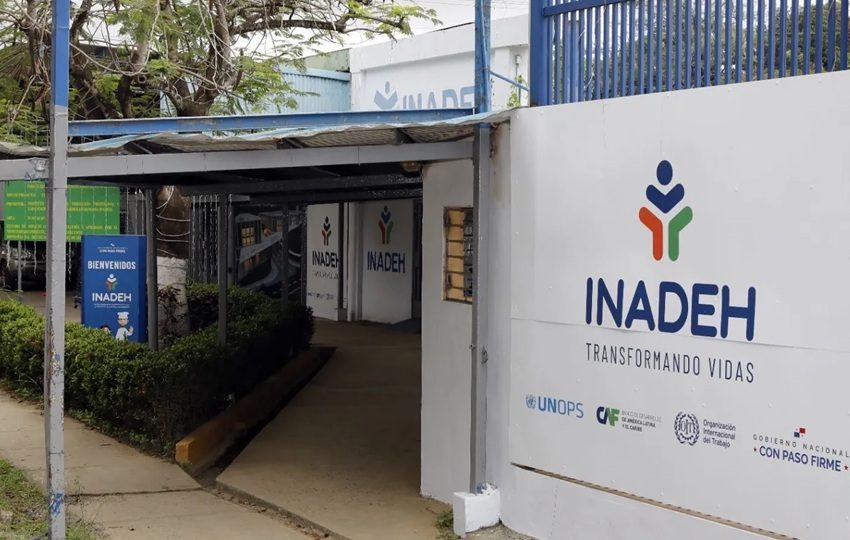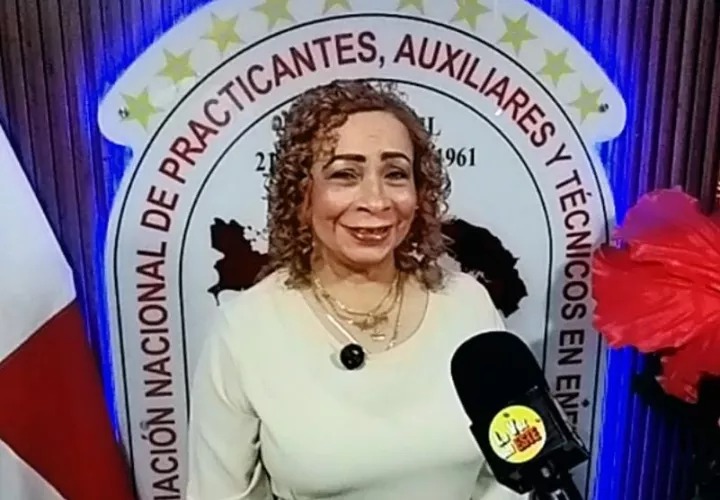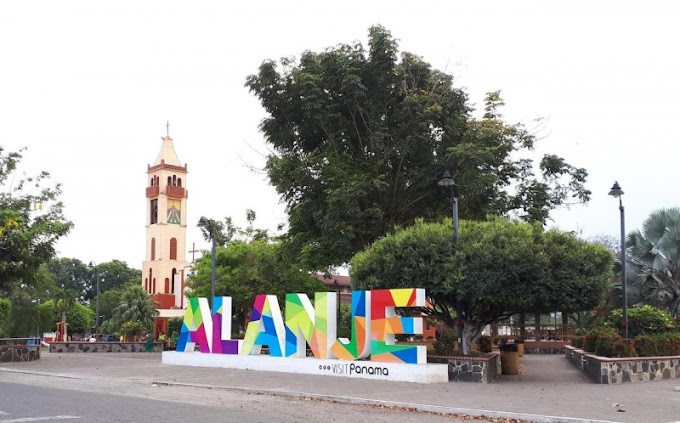Large Panama Companies Invoiced Only Half of their Sales to Avoid Taxes
Camilo A. Valdés, pictured below, Director General of Revenue of Panama, stated that of all the businesses they inspect, 56% do not comply with legal invoicing methods and evade taxes. He asserted that measures are being implemented to collect more but have not yet reached the budgeted amount.

Panama is one of the countries with the lowest tax collection percentage relative to the size of its economy. It collects only 7% of Gross Domestic Product (GDP), compared to the regional average of 14%, and even countries that collect up to 16%. The responsibility for closing this gap falls on the General Directorate of Revenue (DGI), the entity responsible for strengthening tax collection and combating tax evasion. In an interview with the press, the Director General of Revenue, Camilo Valdés, stated that progress has been made in tax collection, although he acknowledged that the established budget goal has not yet been reached.
He points out that they have found large companies invoicing half of their sales to evade taxes and taking advantage of the free invoicing system. They also found businesses openly offering discounts to people if they pay in cash or through digital platforms, as long as they don’t issue invoices. “We’re trying to combat all of this, which is part of the country’s culture. We must improve this tax culture and change our mentality. That’s why the tax lottery is turning every citizen into an inspector, asking for the bill,” he said.
What is the Current Situation Regarding Tax Revenues?
In the first half of this year, we collected $4.02 billion in current revenue. Never before, from 2019 to 2024, had the figure of $3.7 billion been exceeded in that same half. While we did not reach the budget target of $4.251 billion that had been set, there was a significant improvement. Specifically, in tax revenue, which is the direct responsibility of the DGI, we collected $3.255 billion, compared to a target of $3.534 billion. It has been a team effort across the entire Ministry, and although we’re working tirelessly, we’re optimistic about getting closer to our goal in the rest of the year.
What factors have influenced the improvement in revenue collection, but also the failure to meet the budget?
There are several. First, the tax culture in Panama is weak. Consumers rarely request their tax invoices, companies sometimes fail to issue them, and in many cases offer discounts for cash or Yappy payments to avoid invoicing. This encourages tax evasion. In addition, we face significant consumer tax evasion. To counter this, we are working on a shock plan with the IMF, along with projects with the Inter-American Center of Tax Administrations (CIAT) and the Inter-American Development Bank, to increase control over the issuance of invoices.





